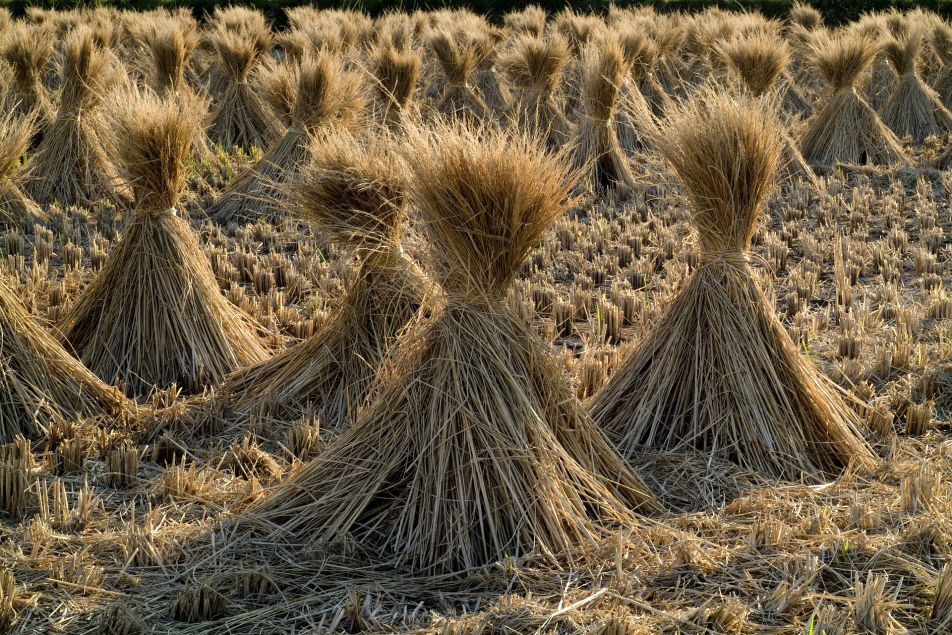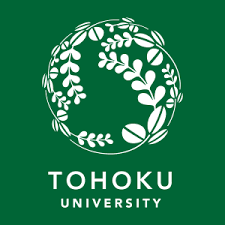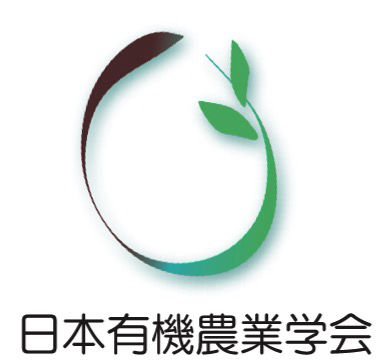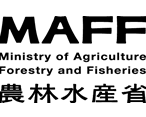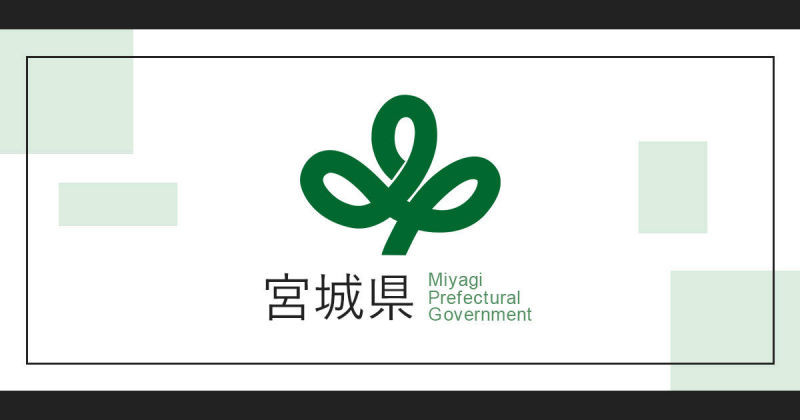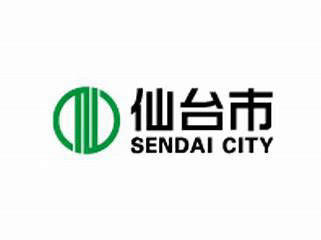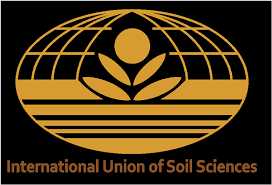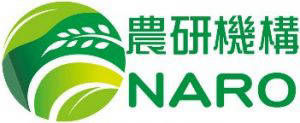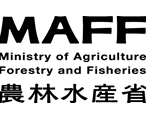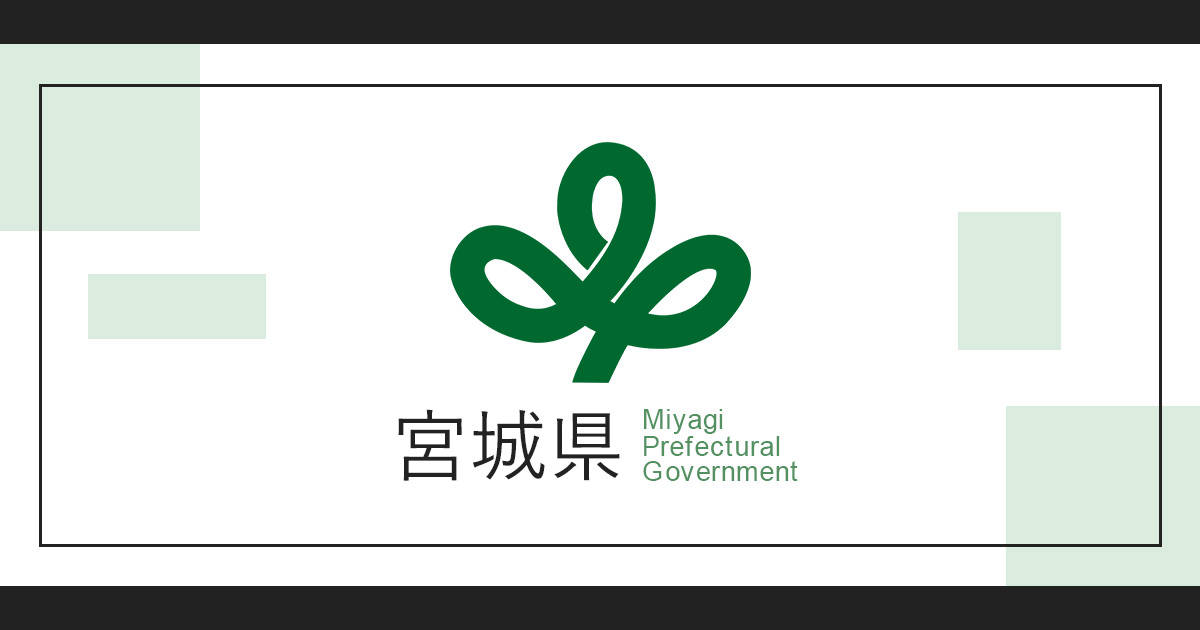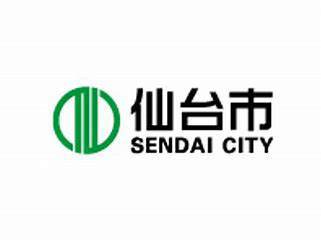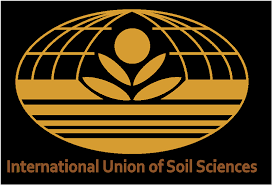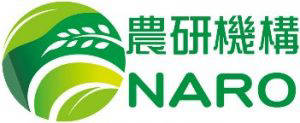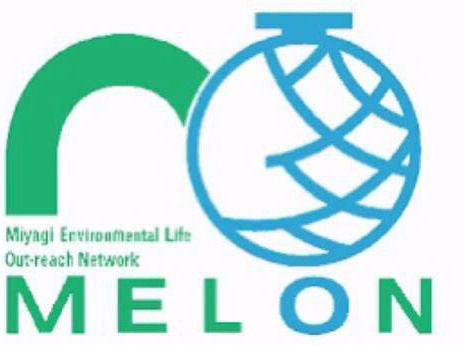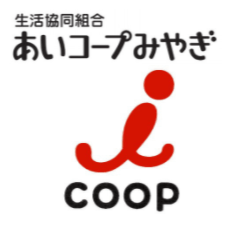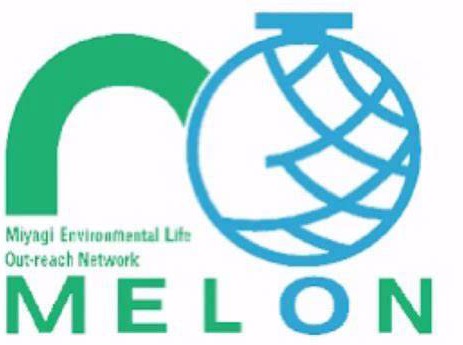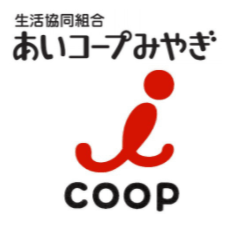A Statement of the 4th International Symposium on Organic Rice Production System held on 4
th – 7th September 2023 in Sendai, Japan
Following the World trends
In Asian, European, and American countries, rice is grown in various natural and
socio-economic environments. Rice cultivation contributes to food production and provides multiple services such as flood control, soil conservation, wetland protection, water purification, landscapes and ecosystem conservation. However, inputs applied to rice fields, such as pesticides and chemical fertilizers directly impact the watershed.
Many countries have set policy goals to promote organic farming, including the recent
implementation of the Strategy for Sustainable Food Systems in Japan and the Farm to Fork Strategy in the European Union (EU). Holistic approaches toward sustainable agrifood systems are now a global trend. Although the published targets for reducing the use of pesticides and chemical fertilizers and increasing the percentage of area under organic
farming are ambitious, the proactive engagement and dedication of the agricultural sector, with the support of the entire nation, is required. Therefore, consumers’ actions and public support are vital initiatives for change. Moreover, boosting efforts to promote and support rice farming, which accounts for most of the arable land, is crucial to significantly increasing Japan’s organic cultivation area. Regional presentations from abroad showed a significant increase in organically managed rice fields. This symposium became an important opportunity for researchers, producers, consumers, and other stakeholders to establish international collaborations.
Holistic management
Transplant cultivation is mainly practiced in East Asia, while direct seeding
cultivation is a common practice in the rest of the world. However, the goal of cultivating healthy and robust rice crops through properly managing flooding, drainage, and water depth is similar worldwide. In organic rice cultivation, weed control is a common issue across the world's diverse organic rice cultivation systems. A variety of best practices are being developed
around the world to improve the ecological health of rice fields.
Organic rice production is a system that combines a variety of techniques that
producers acquire through trial and error under various economic conditions and production environments and a holistic management of the field ecosystem. Regular monitoring of the field condition and its environment, developing strategies for weed control and fertilization management, and taking countermeasures to respond to yearly changes in weather in
accordance with the unique characteristics of the field and field environment are vital. Taking advantage of the functions of diverse living organisms, organic rice cultivation should not only be considered labor-intensive, but also represent a knowledge-intensive agricultural model.
Acquisition of situated knowledge
The key is not to spread technology and knowledge developed in experimentation
centers and research institutions, as demonstrated in the successful example of technology dissemination during the Green Revolution, but to acquire situated knowledge and support how to obtain it. A new agroecological approach that allows producers, researchers, and various stakeholders to work together through diverse communication and networks, like participatory research and living labs that combine research and practice, is required. Moreover, Information and Communication Technology (ICT) in agriculture is expected to contribute significantly to developing organic rice cultivation. ICT in organic rice cultivation will be a tool for understanding and dealing with the complex and diverse field
ecosystem, unlike automation and standardization in agriculture in general.
One health and organic rice production system
According to cohort studies on the consumption of organic and non-organic foods
and their respective effects on health and the environment, regular consumption of organic foods reduces the risk of lifestyle-related diseases and the environmental impact of food. An organic rice-based system that pursues the health of people and the health of livestock and soil through integrated crop-livestock farming systems enables the circulation of local resources and enhances the health of the rice paddy ecosystem. Moreover, the relationship between agriculture and the region is extremely close. Thus, identifying common denominators among agricultural production, ecosystems, and human health and comparing efforts and best practices among countries and regions may solve local problems and eventually address global issues.
Thinking of scalability of organic rice production systems
To further expand the organic rice production system, the bottom-up approach with
horizontal collaboration rooted in the region is more appropriate rather than a top-down approach led by the government. Moreover, there is a need to implement outscaling in which each production system based on the characteristics of the field and region is highly considered, rather than through upscaling, which involves updating production systems with
newly developed technologies. We learned about exemplary organic rice farming in the Camargue region in France, the Central Valley in California, the Po River basin in Italy, tidal wetlands in Kerala, India andIndonesia. These farms conserve wetlands that foster rich biodiversity. Meanwhile, family farms that cultivate organic rice from a few to tens of hectares are emerging in Japan. Suppose these developments in various regions eventually establish a vast complex of several hundred hectares of organic rice fields. In that case, we expect to see a rice field-wetland ecosystem that can coexist with a wide variety of creatures. Therefore, we should design a future fororganic rice farming based on existing interdisciplinary scientific and practical knowledgewhile overcoming immediate challenges in production and business.
We wish to support the establishment of an organic rice network to foster technologyand knowledge through interaction between producers, encourage participatory breeding ofvarieties suitable for organic cultivation, and engage in interdisciplinary research inagriculture, agroecology, social and human science, medicine, etc. on complex and cross disciplinary issues surrounding organic rice production systems, including agroecosystems,quality of organic rice, human health, and consumption.
ORP4 Scientific Committee
